Junior Cycle
© The Examcraft Group | Reproduction not permitted

© The Examcraft Group | Reproduction not permitted
Earlier on in this module, you learned the meaning of the word resilience. People who display resilience have a growth mindset. Let’s find out a little more about this ...
What is a mindset?
A mindset is a person’s approach or attitude.
What are the different types of mindset?
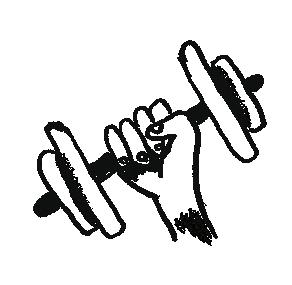
There are two main types of mindset. They are known as a Fixed Mindset and a Growth Mindset .
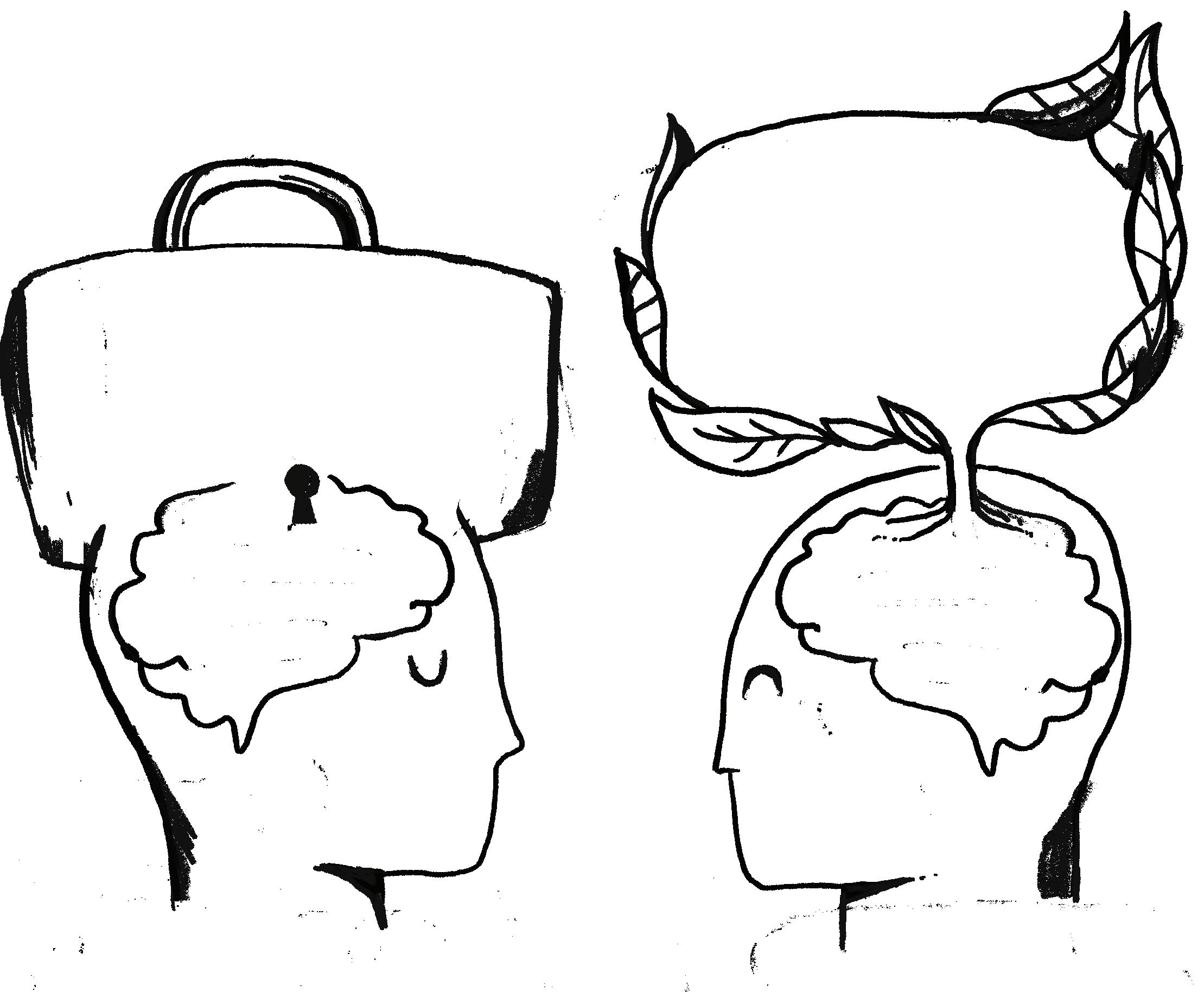
“I learn nothing from mistakes.”
“I am not good at some things.”
“When I am frustrated, I give up.”
“I learn from my mistakes.”
“When I am frustrated, I persevere.”
“I can learn anything if I try hard enough.”
Examine the diagrams above to identify what type of mindset you have. What techniques can you use to develop a growth mindset?
Howard Gardner, a psychologist, identified eight different types of intelligences. Research now suggests that different intelligences occur in different parts of your brain.
Here are the eight intelligences identified by Gardner:
The ability to understand yourself, to be reflective, know what you can or can’t do and where to get help. Used by philosophers, psychologists and church ministers.
The ability to think musically and to hear, recognise and remember patterns. Used by musicians, mathematicians, artists and dancers.

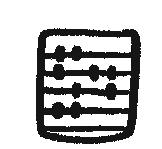

The ability to interpret space and to navigate. Used by pilots, artists, architects and racing drivers.
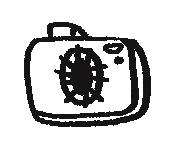
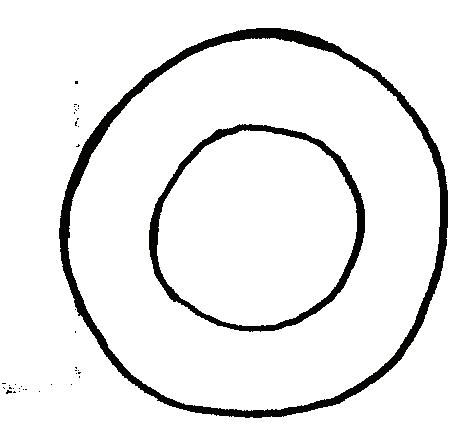
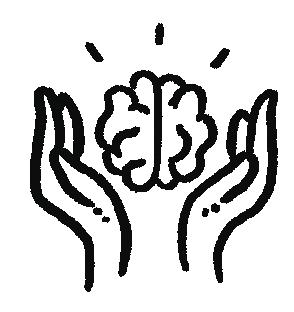

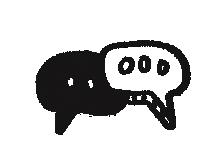
The ability to understand and relate to others. Used by teachers, salespeople, politicians, human resource managers, doctors and psychologists.
The ability to understand cause and effect; to manipulate numbers. Used by scientists, mathematicians and engineers.
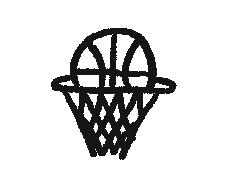
The ability to control body movement and the capacity to handle objects skilfully. Used by athletes, actors and dancers.
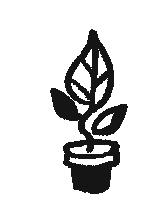
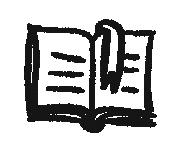
The ability to discriminate between living things and be sensitive to the natural world.
Used by botanists, ornithologists, beauticians and top chefs.
The ability to use language. Being able to express what’s on your mind and to understand others. Used by poets, novelists, politicians and lawyers.
A person with a growth mindset will ask themselves “In which ways am I intelligent?” and not “How intelligent am I?”
Use the diagram below to identify which intelligences most apply to you. Reflect on times when you have used this intelligence by giving a specific example.
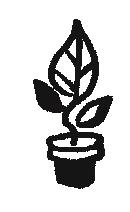
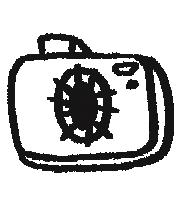
Is this intelligence one of your strengths?
Give an example of when you have used this intelligence:
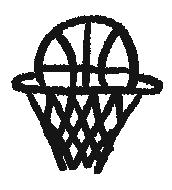
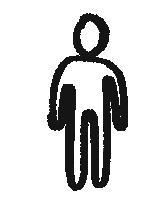
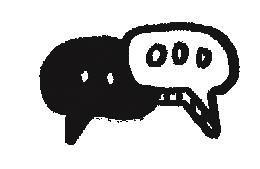

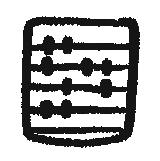
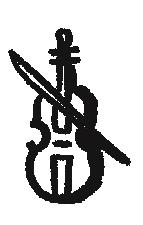
Is this intelligence one of your strengths?
Give an example of when you have used this intelligence:
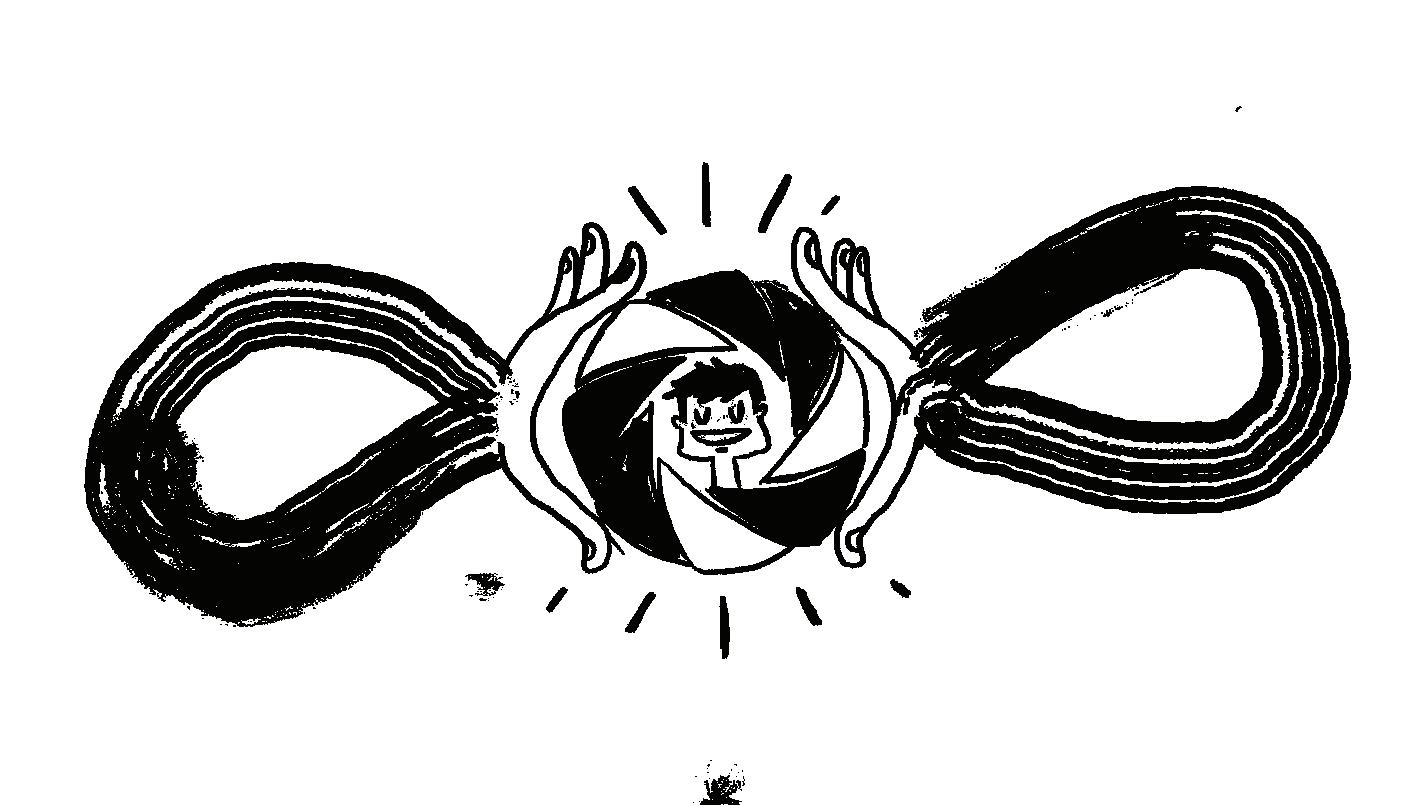
experience. By putting you at the centre of learning, you will become more engaged with your learning and develop important skills that will help you to grow as a person in this ever-changing world, including things to help your mental and physical health.
This section of your school journal contains key information about the Junior Cycle. We want you to be in control of all your learning in Junior Cycle, so we have developed an important list of keywords that you will need to be familiar with as you journey through your Junior Cycle.
Discuss these keywords with your class and write a definition for each one

The world that we live in is constantly changing. Ask a teacher or a parent to talk to you about some of these changes.
A skill is something you do well because it is something you practise regularly. Name one skill that you have that you think is important for learning.
The Junior Cycle recognises that the world will continue to change and wants to equip you with the necessary skills to meet these changes as you grow older. While there are many important learning skills, the Junior Cycle has identified eight Key Skills that will be central to your learning from first to third year.
The eight Key Skills of Junior Cycle are illustrated in the diagram below. It is important that you can name each of these skills before we investigate them further.

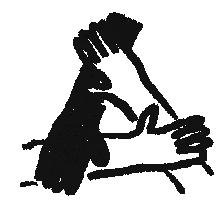

K E Y S K I L L S
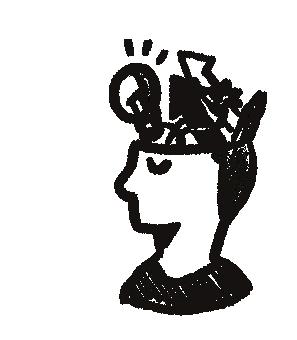

In order for you to be at the centre of your learning at Junior Cycle, it is important that you fully understand the importance of each of the eight Key Skills.
In the space provided, draw one image of what you think each skill could look like and write one example of how you might carry out that skill.
What does this skill look like to you?
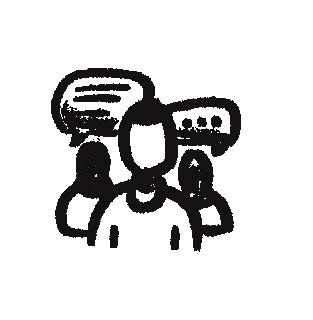
How can you demonstrate this skill in your learning?
What does this skill look like to you?
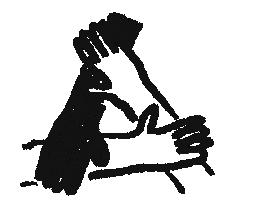
How can you demonstrate this skill in your learning?

One way that you can be in control of your learning at Junior Cycle is to set yourself goals. Some of these goals might be subject based (e.g. you might want to complete all your English project work by December), while others might be personally related to you (e.g. you might want to learn how to play a musical instrument).
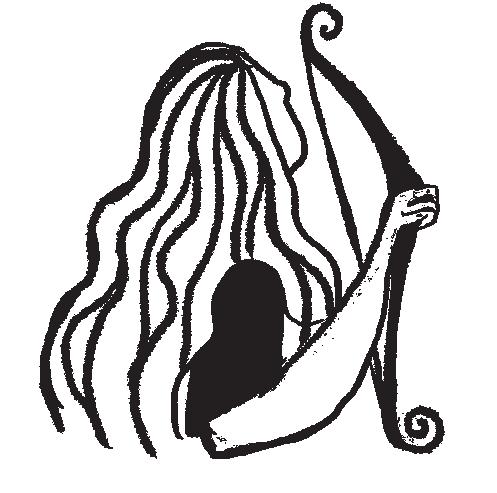
The important thing to remember is that YOU are at the heart of your learning journey, so you must set goals that are suitable for YOU! Therefore, you must set yourself goals that are realistic to you. A simple technique to get you started for creating learning goals is called the SMART SYSTEM.
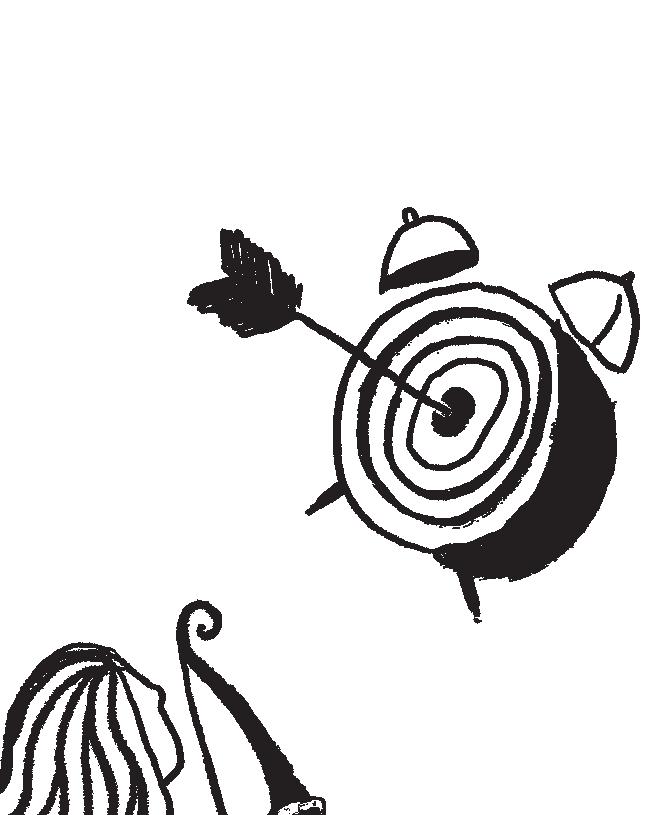
Do you understand what each of these terms mean? Write a definition for each one in your own words!
Now that you understand…..
a. why creating goals is important in order for you to be in charge of your own learning, and
b. the SMART technique for setting goals
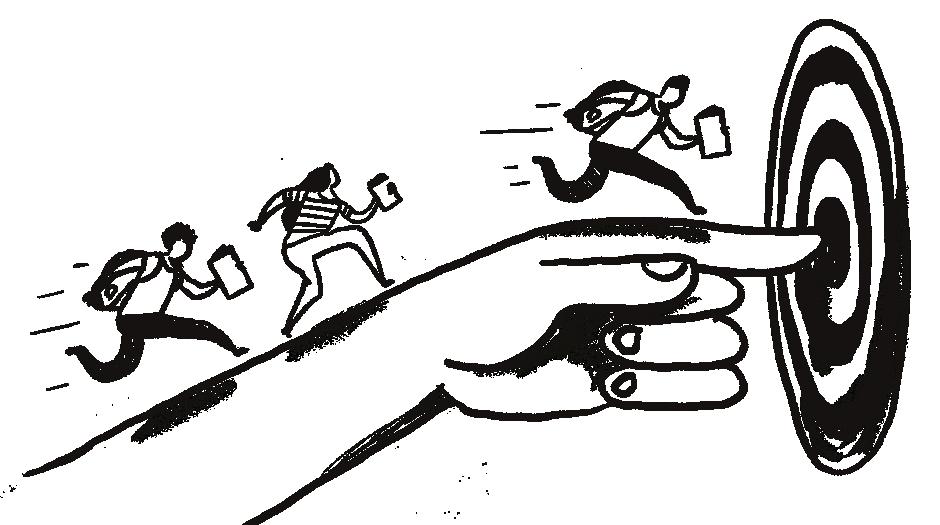
…..It’s time to set yourself some personal goals.
Sample goal setting
Read through and discuss the following example of a learning goal. Once you have done this, you will have the opportunity to create your own personal learning goals.
Date Set
Sep 28th Be able to have a conversation about my pastimes in French
Planning
Date Set
November 2nd I remembered all the vocabularyimportant and I didn’t get nervous. I confused the present and past tense at times so I need to revise these.
Review and Reflection
To download the Setting Your Learning Goals template, just go to
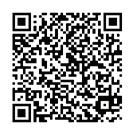
To download the Reflecting on Your Learning Outcomes template, just go to
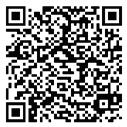

What is assessment?
Assessment is a way of gathering evidence of all the knowledge and skills you have developed.
Why is assessment important at Junior Cycle?
Assessment is a very important feature of Junior Cycle because it gives you a clear picture of all the work you have completed from first to third year. It also allows you to reflect on the skills that you have learned and improvements you have made on your journey.
What are the different types of assessment at Junior Cycle?
There are two main types of assessment at Junior Cycle:

This is a continuous assessment and happens in most classes in the form of quizzes, homework etc.

This happens at the end of third year in an exam marked by the State Examinations Commission.

Formative Assessment happens in most classes. It’s a very useful way for your teacher to assess your work on an ongoing basis. The best way you can prepare for formative assessment is to have a good homework and study routine and to always do your best!
The best way to improve ongoing assessment is to learn from your teacher’s advice and feedback. For example, one teacher might advise you on ways to write better sentences, another teacher might ask you to learn specific facts.
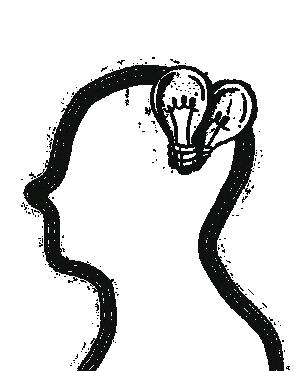
Summative Assessment is more formal and happens at the end of your Junior Cycle. It takes two forms. One is the external exam marked by the State Examinations Commission. The other is the Classroom Based Assessment (CBA), which we will learn about on the next page.
The best way to achieve is to make clear goals, and have a good study and homework plan. This will be explored further in the second section of the Junior Cycle module.
Classroom Based Assessments (CBAs) are an important assessment in Junior Cycle.
• You will do two CBAs in each subject.
• You will do the first CBA in second year (CBA1).
• You will do the second CBA in third year (CBA2).
• They will be organised by your teacher.
• They will be held in your classroom.
• Your CBA will be reported on in your Junior Cycle Profile of Achievement (JCPA) using one of these four descriptors:
o Exceptional
o Above Expectations
o In Line with Expectations
o Yet to Meet Expectations
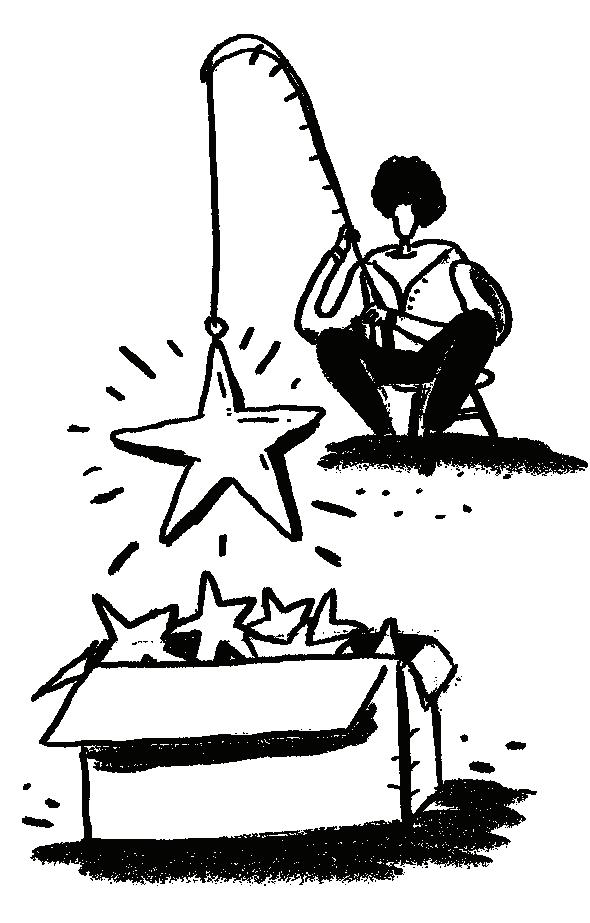
One additional exciting feature of the Junior Cycle is that it provides you with the opportunity to engage in a variety of other areas of learning within your school community. It allows you to develop key skills in many other areas of school life. These can include different sporting, cultural, scientific and social activities happening in the context of your school.
For this reason, it is very important to get to know all the other areas of learning that are happening in your school. Make a list of three other areas of learning in the life of your school that you might be interested in becoming involved in.
You can showcase your other areas of learning (OAL) in your Profile of Achievement. Remember to write it in the first person and to concentrate on the skills you developed as a result of these activities!
If you need more space to record your OALs, just go to
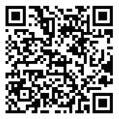
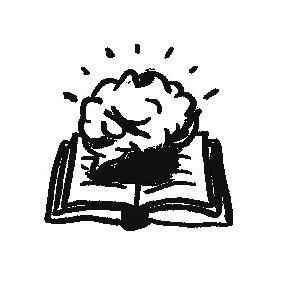
It is important to create a study plan at the beginning of the school year to keep you motivated and to avoid feeling stressed about your workload. You will now be walked through a three-part study system.
Let’s reflect on how you planned your study in the past and use it to identify improvements you can make in Junior Cycle.
How did you plan your study in the past?
How could you plan your study better now?
At Junior Cycle it is important to use your independence and responsibility to ensure you are in control of your learning.
Ensure that you create a study plan that suits YOU. Make a new one each week as each week will vary in both your school and home life!.
To download a Study Planner for each week - just go to
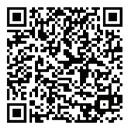
Use this template to write out a planner for next week in school. Be sure to include any school events, including any homework, practicals or assessments. Also include details of your plans each evening – it is important to have a healthy balance between school work, exercise and rest!

Use this template for each subject you are studying. Use it to take note of each topic within the subject that you must study and record each of your reviews of each of the topics on the Subject Revision Planner.
To download a Subject Revision Planner for each subject - just go to

Here are some simple techniques for keeping an effective study plan……
• Use the Subject Revision Planner for each of your subjects.
• Divide each subject into key topics.
• Indicate how important each topic is for your assessment.
• Record when you create your study notes and complete POKER (we will examine this in detail on the next page).
• Tick the box when you have completed each review.
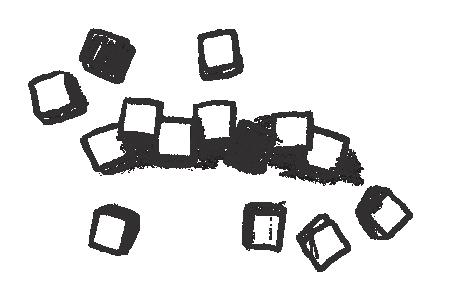
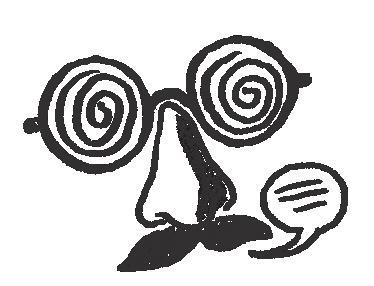

Generally speaking, most people find it hard to remember what they read in a book. For this reason, they take notes. Notes can be in many different forms. All these are based on knowing that we learn best using association and imagination. If you don’t know what each of these techniques are, do some research on them - you will find that they will help your study.

Keyword Visuals
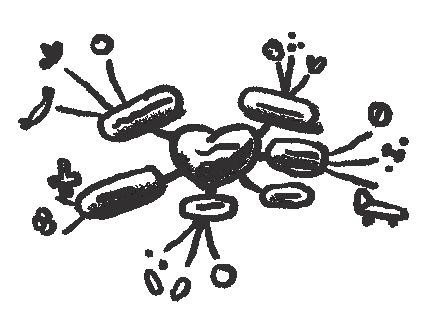
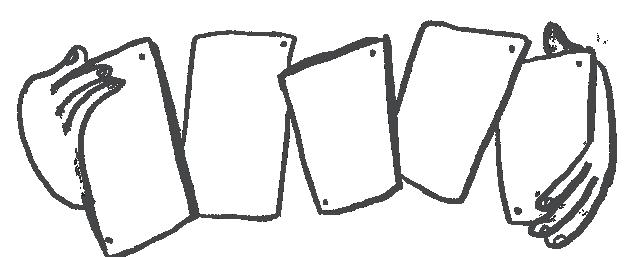
O E R K
Mind Maps POKER System
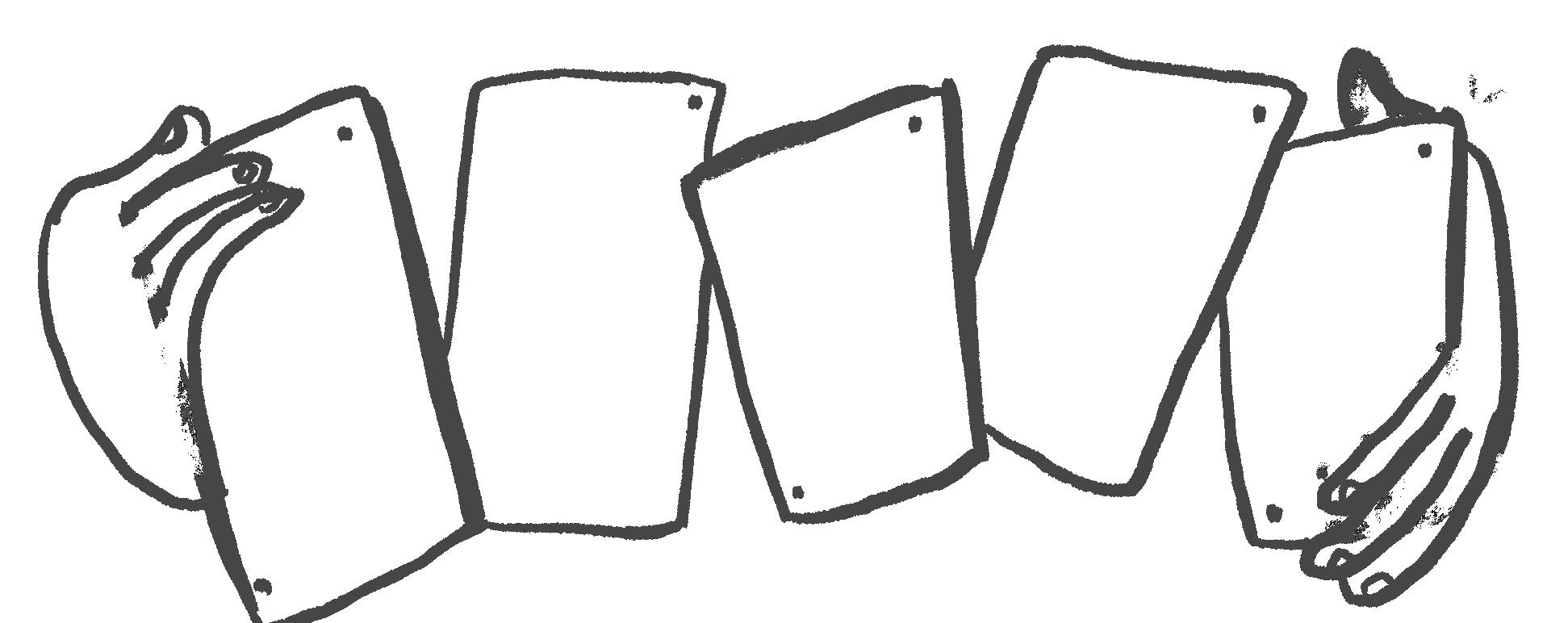
This simple system can be followed to break each subject down into bite-sized chunks called topics.


Pre-test
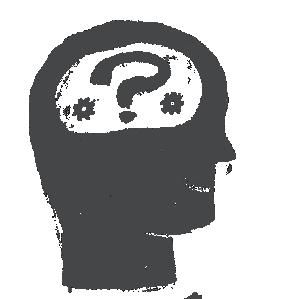

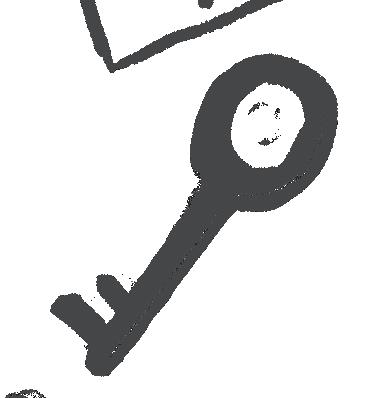
What do I already know about this topic?
What is the structure of this topic? What are the subheadings?
Highlight the keywords for the topic.
Etch & Sketch
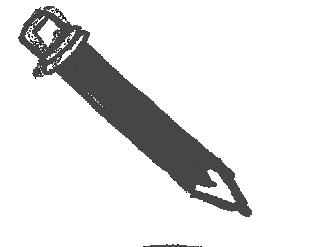
Create a one-page summary that uses the headings and keywords.
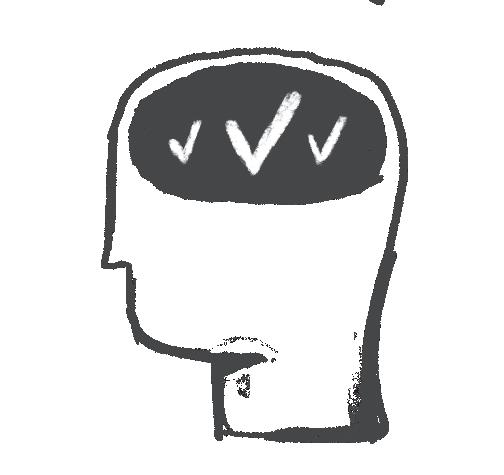
What do you now know about the topic?
By creating a study plan and regularly revising, you have made a great start. By devising your own notes and study techniques you will have a much greater knowledge of your subject areas. However, there is one final step in the journey, and this is review!
Why should you regularly review your notes?

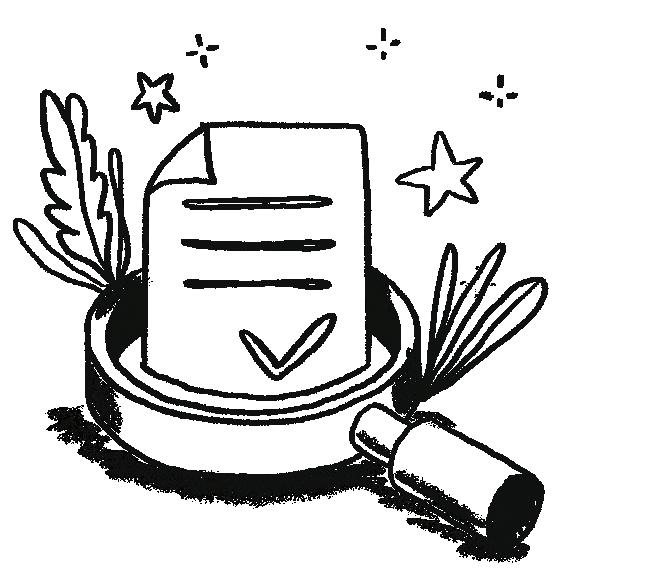
Did you ever wonder why you could remember your phone number or date of birth so easily but then struggle to remember what you learned in geography last class or the name of someone you met last week?
The truth is that you need to regularly review your notes in order for the information to go into your long-term memory.
How often should you review your notes?
Review it
Ideally, you should review your notes…..
Now that you have created your notes in the form of a one-page summary, you have this knowledge of the topic in your short-term memory.
BUT it won’t be there forever, it’s up to you to review it and make sure the knowledge goes into your long-term memory.
Use the Subject Revision Planner to record each review. You will be surprised at the difference it makes!
89F Lagan Road, Dublin Industrial Estate, Glasnevin, Dublin 11, Ireland, D11 F98N.
info@examcraftgroup.ie www.examcraftgroup.ie 01-8081494